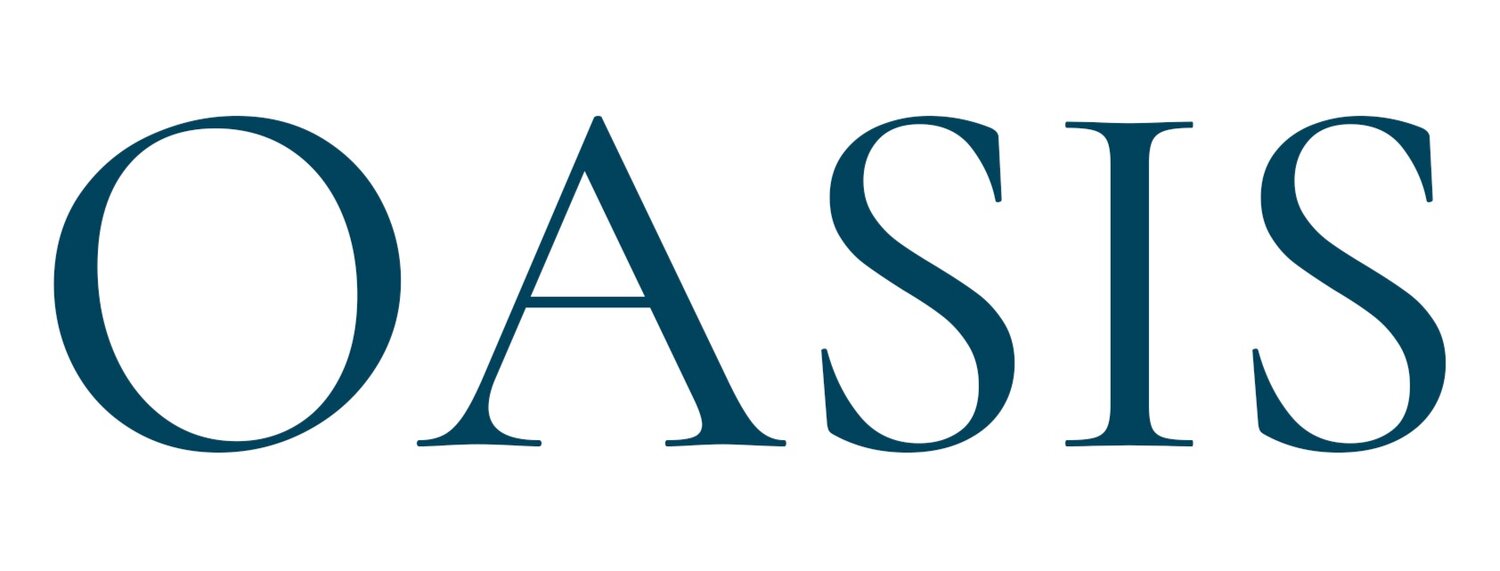Research Briefs on the Sahel Resilience Learning Project
Warrantage and FMNR are two farmer-led practices to help mitigate impacts of climate change on agriculture in the Sahel. In late 2016, the OASIS Initiative released two reports on these practices. The two comprehensive literature reviews were commissioned by USAID’s Sahel Resilience Learning Project. We are now disseminating the findings to local partners and organizations to assist them in making evidence-informed decisions based on the experiences of communities and experts in the region.
We are excited that the next phase of this effort will build on our “Sister School” partnership with the University Abdou Moumouni (UAM) in Niamey, Niger. Several graduate students from UAM will be focusing on these topics for their masters theses, providing them with valuable experience conducting community-level research as well as gathering and building the evidence base on perspectives of communities who are practicing Warrantage and FMNR in the region.
"Condoms and Climate": A discussion with Alan Weisman and Malcom Potts on Climate One
Listen to the full interview here.
Alan Weisman, Senior Radio Producer, Homelands Productions; Author, Countdown: Our Last, Best Hope for a Future on Earth? (Little, Brown & Company, 2013)Malcolm Potts, Professor Emeritus, School of Public Health, UC Berkeley, Vice Chair of Venture Strategies for Health and Development
“Population and Climate Change: Empowering 100 Million Women” Malcolm Potts and Alisha Graves, UN Climate Change Conference
Meeting the world’s need for family planning is a human right and a climate imperative. Wherever women have been given information and access to family planning, birth rates have fallen – even in poor, low-literate societies like Bangladesh or conservative religious countries such as Iran.
“Big issues deserve bold responses: Population and climate change in the Sahel” Malcolm Potts and Alisha Graves in African Journal of Reproductive Health
Parts of Africa have the most rapid population growth in the world. Recent studies by climatologists suggest that, in coming decades, ecologically vulnerable areas of Africa, including the Sahel will be exposed to the harshest adverse effects of global warming. The threat hanging over parts of sub-Saharan Africa is extreme. Fortunately, there are evidence-based achievable policies which can greatly ameliorate what would otherwise be a slowly unfolding catastrophe of stunning magnitude. But to succeed such measures must be taken immediately and on a large scale.
“Crisis in the Sahel: Possible Solutions and the Consequences of Inaction” 2013 OASIS Conference Report
A report following the OASIS Conference (Organizing to Advance Solutions in the Sahel) hosted by the University of California, Berkeley and African Institute for Development Policy in Berkeley on September 21, 2012.The goal of this report is to start building a network of scientists and policy makers committed to helping the Sahel address its population, environment, and food security challenges. A compelling body of evidence is needed to inform people in governments and relevant local institutions, humanitarian organizations, foreign aid agencies, philanthropic institutions, and national security agencies concerning the startling challenges facing this neglected and highly vulnerable region.
Global warming and reproductive health
The largest absolute numbers of maternal deaths occur among the 40–50 million women who deliver annually without a skilled birth attendant. Most of these deaths occur in countries with a total fertility rate of greater than 4. The combination of global warming and rapid population growth in the Sahel and parts of the Middle East poses a serious threat to reproductive health and to food security. Poverty, lack of resources, and rapid population growth make it unlikely that most women in these countries will have access to skilled birth attendants or emergency obstetric care in the foreseeable future. Three strategies can be implemented to improve women’s health and reproductive rights in high-fertility, low-resource settings: (1) make family planning accessible and remove non-evidenced-based barriers to contraception; (2) scale up community distribution of misoprostol for prevention of postpartum hemorrhage and, where it is legal, for medical abortion; and (3) eliminate child marriage and invest in girls and young women, thereby reducing early childbearing.
